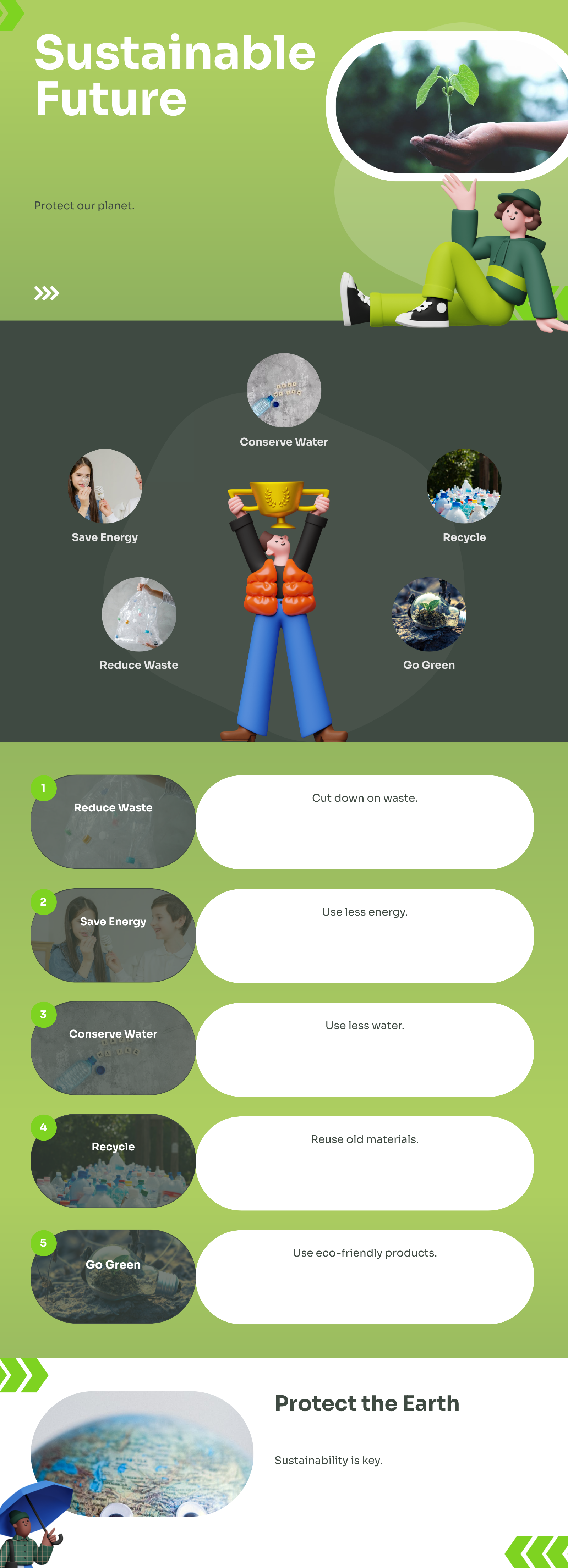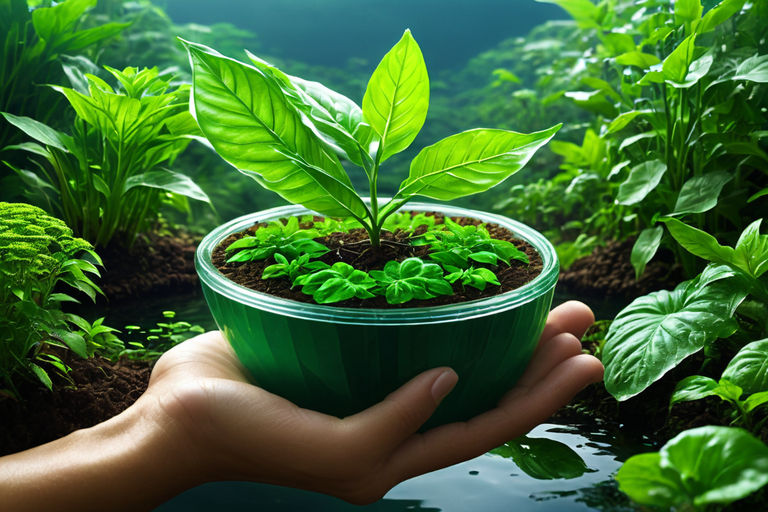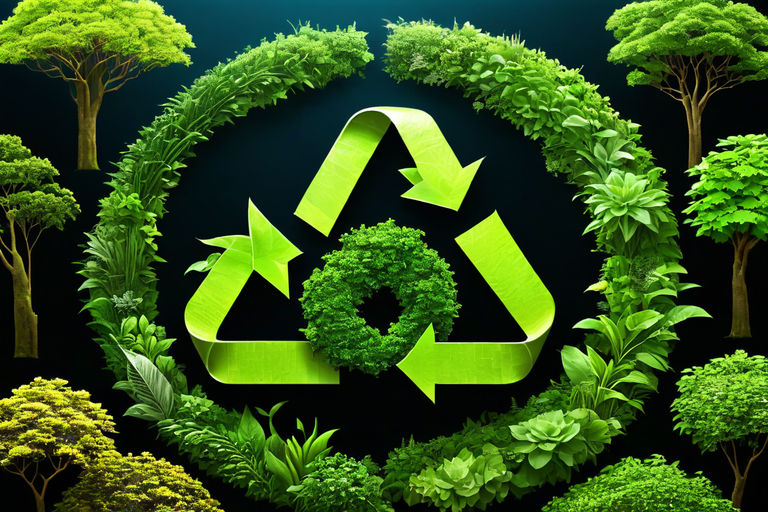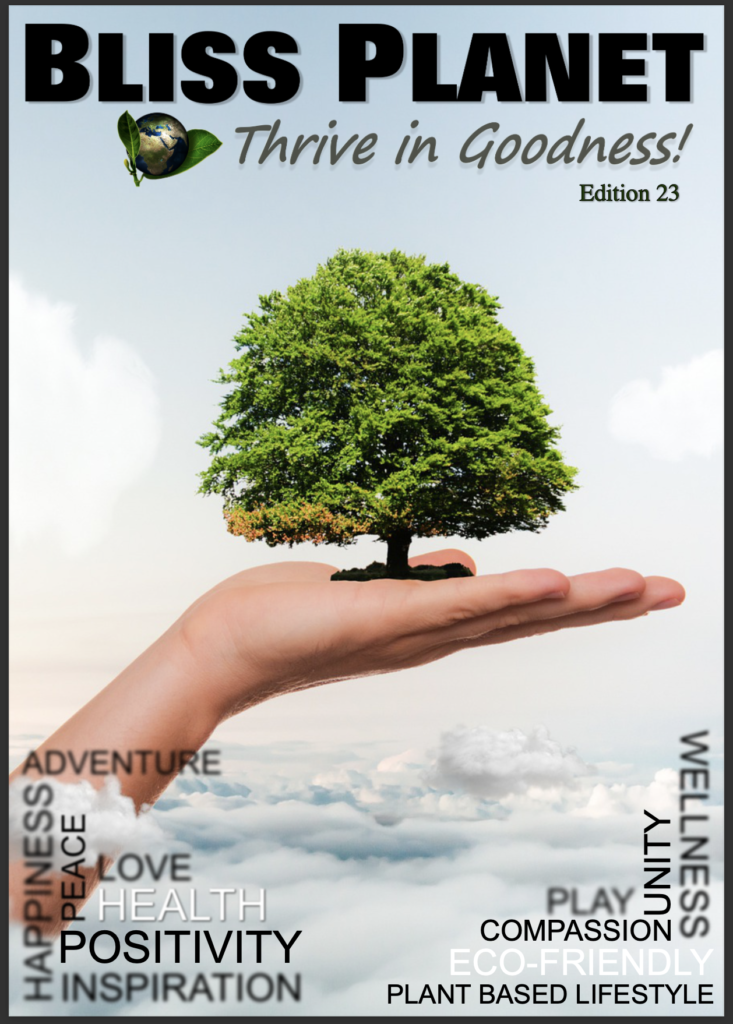Unlock the secrets to a sustainable future with our comprehensive guide to shaping a more eco-friendly world for tomorrow.
Topics
- Introduction to Sustainability
- Building a Sustainable Future
- Sustainability Practices
- Sustainable Living at Home
- Joining Together for Sustainability
- Final Thoughts: Our Role in Sustainability
- Frequently Asked Questions (FAQs)
- Key Aspects of Sustainability
Introduction to Sustainability
In this section, we’ll explain sustainability in a way that’s easy to understand. We’ll also discuss why it’s important for our planet and for us as people.
What Does Sustainability Mean?
We’ll describe sustainability as taking care of our world so it can keep taking care of us. It’s like ensuring we don’t waste our favorite snacks so they last longer.
Why Should We Care?
We’ll discuss how being sustainable helps plants, animals, and people live better lives now and in the future.
Building a Sustainable Future
Visualize a world where the air is clean, the oceans sparkle with life, and forests are lush and vibrant. This is the kind of future we can create if we all work together to care for our planet. It’s like having a big, beautiful garden that everyone can enjoy and where plants, animals, and people can thrive.
Steps to a Sustainable Future
Building a sustainable future starts with small actions that can make a big difference. Even kids like you can help! You can start by recycling your old toys, turning off lights when you leave a room, or taking shorter showers to save water. These simple choices may seem small, but when we all do them together, they create a better future for everyone.

Check out how practicing sustainability today can shape a brighter future for tomorrow!
#Sustainability101 #ChangeTheWorld
Sustainability Practices
Here, we’ll share some nifty ways people are already being sustainable and how these actions make a big difference.
Recycling and Reusing
We’ll explain how using things again instead of throwing them away helps the Earth. When we recycle, we send things like paper, plastic, and metal to special places where they can be made into new things. This way, we don’t have to cut down as many trees or make as much plastic, which helps keep our planet healthy.
Saving Energy and Water
We’ll talk about simple things like turning off lights when we leave a room, using less water when brushing our teeth, and not wasting water while showering. When we save energy and water, we help reduce the amount of pollution in the air and keep our rivers and oceans clean for animals to live in.
Sustainable Living at Home
Living sustainably at home can be fun and easy! One great way to start is by planting a garden. You can grow your fruits, vegetables, or flowers in your backyard or even in pots on your windowsill. Not only is gardening good for the planet, but it’s also a fun way to spend time outdoors and watch plants grow.
Another cool activity you can try is creating art from recycled materials. Instead of throwing away old newspapers, magazines, or cardboard boxes, you can turn them into beautiful artwork. Get creative and see how you can give new life to things that might have ended up in the trash.
Sustainability: Because we don’t want to end up living on Mars with Elon Musk just yet

Reduce, Reuse, Recycle: The three R’s of saving the Earth… and looking cool while doing it!
Being a Sustainability Superhero
Did you know that you can be a superhero for the Earth? You can make a big difference in helping the planet by making small changes in your daily routine. Simple things like turning off lights when you leave a room, using less water when brushing your teeth, or bringing a reusable water bottle to school can all add to a more sustainable lifestyle.
Being a sustainability superhero means being mindful of how your actions impact the environment and making choices that help rather than harm the planet. So, put on your cape and mask, and start making a positive impact on the world around you!
Joining Together for Sustainability
In this section, we’ll talk about how working with others can greatly impact making the world more sustainable. When we join forces with friends, family, and our community, we can make a real difference in caring for our planet for a better future.
Schools and Communities in Action
Imagine a school where students and teachers work together to recycle, plant trees, and learn about saving energy. These schools are like sustainability superheroes, showing us all how small actions can add up to something big. Communities also play a vital role in sustainability. From organizing neighborhood clean-ups to sharing tips on reducing waste, communities can come together to create a greener, healthier environment for everyone.
How You Can Get Involved
There are many ways for kids to get involved in sustainability efforts. You can start by talking to your friends and family about sustainability and brainstorming ideas for how to make a difference together. Joining environmental clubs at school, participating in community clean-up events, or even starting your sustainability projects are all great ways to get involved and show that you care about the future of our planet.
Final Thoughts: Our Role in Sustainability
As we come to the end of our journey exploring sustainability and its importance for a better future, it’s essential to remember that each one of us plays a crucial role in making a difference. Whether you’re a kid, a parent, a teacher, or a community member, there are simple actions you can take to contribute to a more sustainable world.
Everyone Can Make a Difference
Even the smallest actions, like turning off the lights when you leave a room or using both sides of a piece of paper, can add to significant changes when we all do them together. By being mindful of our choices and how they impact the environment, we can work towards a more sustainable future for all living beings on Earth.
Empowering Ourselves to Create Change
By learning about sustainability and understanding why it’s important, we empower ourselves to make informed decisions that benefit not only ourselves but also the planet. We can be sustainability superheroes in our everyday lives by choosing to recycle, conserve energy and water, and support sustainable practices in our communities.
Continuing the Journey
Our exploration of sustainability continues. It’s a lifelong journey of learning, growing, and taking action to protect our planet and create a better world for future generations. Let’s dream of a world where everyone lives harmoniously with nature and works together to build a sustainable future.
Remember, no matter how small our efforts may seem, together, we can make a big difference in ensuring a happy and healthy world for all. Let’s embrace our role in sustainability and strive towards a brighter tomorrow for ourselves, our communities, and our planet.

Frequently Asked Questions (FAQs)
How to Start a Recycling Program?
Starting a recycling program is easier than you think! You can begin by setting up separate bins for different types of recyclables, such as paper, plastic, and glass. Please encourage your family and friends to recycle by making it fun and rewarding. Remember, every little bit helps to keep our planet clean and healthy!
Why Is Saving Water Important?
Water is essential for all living things, including plants, animals, and humans. By saving water, we can ensure enough clean water for everyone to drink, bathe, and grow food. Conserving water also helps protect aquatic animals and their habitats. So, remember to turn off the tap when you brush your teeth and take shorter showers to help save water!
Key Aspects of Sustainability
Definition: Sustainability refers to the ability of a system or process to maintain its viability and function over time without compromising future generations’ needs. It encompasses environmental, social, and economic dimensions.
Key Aspects: Environmental Sustainability:** * Conserving natural resources (e.g., water, soil, energy) * Minimizing pollution and waste * Protecting biodiversity * **Social Sustainability:** * Promoting human well-being (e.g., health, education, social justice) * Fostering community engagement * Ensuring equal access to resources * **Economic Sustainability:** * Achieving financial viability * Balancing economic growth with environmental and social priorities * Creating sustainable jobs
Importance: Sustainability is crucial for
Preserving the planet’s resources and ecosystems for future generations * Ensuring the well-being of human societies * Fostering economic growth and stability * Mitigating climate change and other environmental challenges.
Challenges
Balancing competing interests (e.g., economic development vs. environmental protection) * Addressing global interconnectedness and the impact of actions in one place on others * Overcoming short-term thinking and promoting long-term solutions * Lack of resources and capacity in some regions.
Solutions
Promoting sustainability requires: * Collaboration between governments, businesses, and communities * Investment in sustainable infrastructure, technologies, and practices * Education and awareness-raising * Policy frameworks that incentivize sustainable behavior * Monitoring and reporting on progress towards sustainability goals.
Examples
Renewable energy:** Solar panels, wind turbines * **Green buildings:** Energy-efficient design, water conservation * **Sustainable farming:** Regenerative practices, organic production * **Circular economy:** Reducing waste, reusing materials * **Social responsibility:** Fair labor practices, community investment.





